
Effective Strategies to Prevent Thumb-Sucking and Avoid Dental Problems
As a parent, watching your child develop habits can be both endearing and worrying, especially when those habits start to have an impact on their health. One of the most common concerns is thumb-sucking, a behavior often developed in early childhood. I experienced this firsthand with my son, and I want to share with you what I’ve learned about preventing thumb-sucking and how it can affect your child’s dental health.
Understanding the Dental Impact of Thumb-Sucking
Thumb-sucking is a natural reflex for many infants and toddlers, offering comfort and soothing. However, as children grow, persistent thumb-sucking can cause lasting damage to their oral development. The constant pressure from the thumb can misalign teeth, disrupt the development of the roof of the mouth, and even impact speech patterns. In my own experience, my son's dentist warned that if the habit continued, he could face issues like an overbite, which would require orthodontic intervention later on.
How Thumb-Sucking Affects Oral Health
Thumb-sucking can have several negative effects on dental health:
- Misalignment of Teeth: Continuous pressure from sucking on the thumb can cause the upper front teeth to protrude, leading to an overbite or other bite misalignments.
- Oral Infections: The thumb is often not clean, introducing bacteria into the mouth. This can increase the risk of infections, especially if there are any open sores from prolonged sucking.
- Speech Problems: Over time, thumb-sucking can interfere with the development of normal speech patterns, as the constant pressure on the teeth can affect how the tongue moves during speech.
Why Do Children Suck Their Thumbs?
Before we dive into how to prevent thumb-sucking, it's essential to understand why children do it in the first place. Most children start sucking their thumbs as infants. This behavior is soothing and offers a sense of comfort. For some, it continues well into toddlerhood and beyond. In fact, thumb-sucking often peaks between the ages of 18 months and 3 years. Stress, anxiety, or even boredom can prolong the habit.
Effective Ways to Stop Thumb-Sucking
As any parent of a thumb-sucker will tell you, breaking the habit isn’t easy. However, with patience and a strategic approach, it’s possible. Here are some methods that helped me along the way:
1. Introduce Positive Reinforcement
Positive reinforcement was one of the most effective strategies for us. Instead of focusing on punishment, I praised my son every time he refrained from sucking his thumb. We used a reward system where he earned stickers for each day he kept his thumb out of his mouth. When he collected enough stickers, he received a small reward. This method works because children respond well to praise and rewards for positive behavior.
2. Use a Gentle Reminder
Initially, it’s hard to break the habit because children often don’t realize they’re doing it. A gentle reminder can help. In the beginning, I would calmly remind my son to take his thumb out of his mouth. This consistent, low-pressure approach helped him slowly become aware of his behavior.
3. Provide Comforting Alternatives
When my son would reach for his thumb out of habit, I offered him a comfort object like a soft toy or a blanket. This was particularly useful during nap time and bedtime when he needed additional comfort. Gradually, he associated these items with relaxation, which helped reduce his dependence on his thumb.
4. Create a Discomfort Factor
For some children, creating a mild discomfort can discourage thumb-sucking. I didn’t want to use anything harmful, so we tried applying a bitter-tasting nail polish designed to deter thumb-sucking. The unpleasant taste made him less inclined to suck his thumb. This, combined with other methods, helped break the cycle.
5. Be Consistent and Patient
Breaking a habit takes time, and consistency is key. I found that making sure all caregivers were on the same page in terms of discouraging thumb-sucking was crucial. We also had to remind ourselves to be patient—it wasn’t going to happen overnight, and I had to celebrate small victories along the way.
When to Seek Professional Help
If your child’s thumb-sucking continues past the age of 4 or starts to cause visible dental problems, it may be time to seek help from a pediatric dentist. My son’s dentist explained that while mild thumb-sucking can be normal, persistent sucking can lead to irreversible dental damage. A dentist may recommend using a custom-made appliance that prevents thumb-sucking or suggest further orthodontic treatments to correct any dental issues.
Personal Story: Overcoming Thumb-Sucking
Looking back on the journey with my son’s thumb-sucking, I remember how frustrating it was at times. But with perseverance, and by using a combination of these strategies, he finally stopped sucking his thumb by age 5. Now, his teeth are developing properly, and I’m relieved that we avoided potential long-term dental issues. It wasn’t always easy, but knowing that we were helping him avoid future dental problems made it all worthwhile.

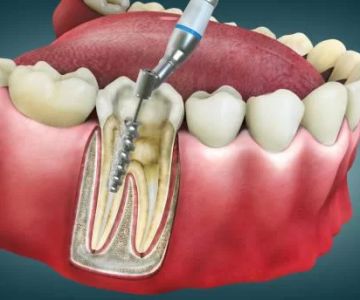
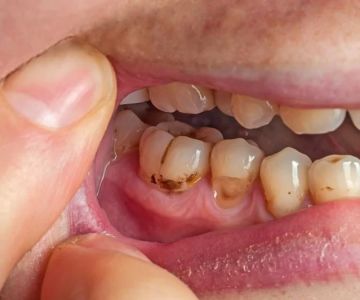
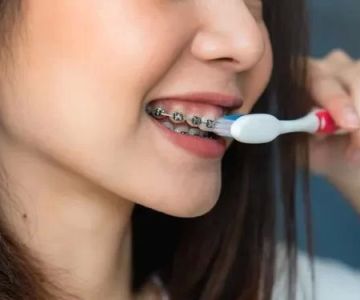
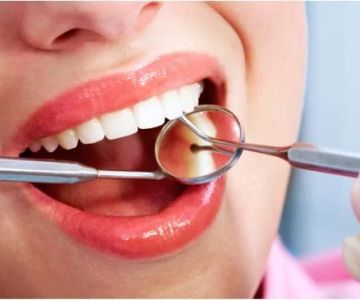
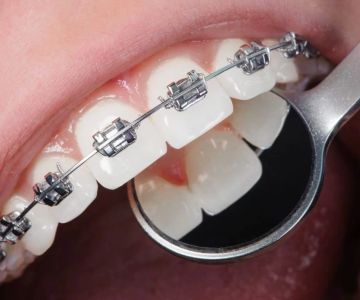
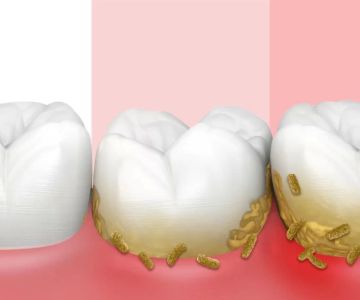
 Paradise Dental Practice
Paradise Dental Practice Panther Pediatric Dentistry - Euclid's Leading Sedation Location
Panther Pediatric Dentistry - Euclid's Leading Sedation Location Downtown Dental and Implants of Oswego, Inc.
Downtown Dental and Implants of Oswego, Inc. Smiles of Round Lake - Dr Hilehito Gene Lin DDS
Smiles of Round Lake - Dr Hilehito Gene Lin DDS Plaza Dentistry
Plaza Dentistry Matthew J. Walters DDS
Matthew J. Walters DDS The Importance of Oral Health Education During Pregnancy for a Healthy Pregnancy
The Importance of Oral Health Education During Pregnancy for a Healthy Pregnancy Why Skipping Dental Checkups Can Lead to Bigger Oral Health Problems
Why Skipping Dental Checkups Can Lead to Bigger Oral Health Problems Advantages of Porcelain Dental Restorations
Advantages of Porcelain Dental Restorations Best Tips for Brushing Your Teeth Properly for Healthy Gums: Essential Techniques for Oral Health
Best Tips for Brushing Your Teeth Properly for Healthy Gums: Essential Techniques for Oral Health How Can Diabetes Cause Tooth and Gum Problems? Preventing and Managing Oral Health Issues
How Can Diabetes Cause Tooth and Gum Problems? Preventing and Managing Oral Health Issues Healthy Habits for Promoting Good Oral Health and Hygiene: Tips for a Healthy Smile
Healthy Habits for Promoting Good Oral Health and Hygiene: Tips for a Healthy Smile